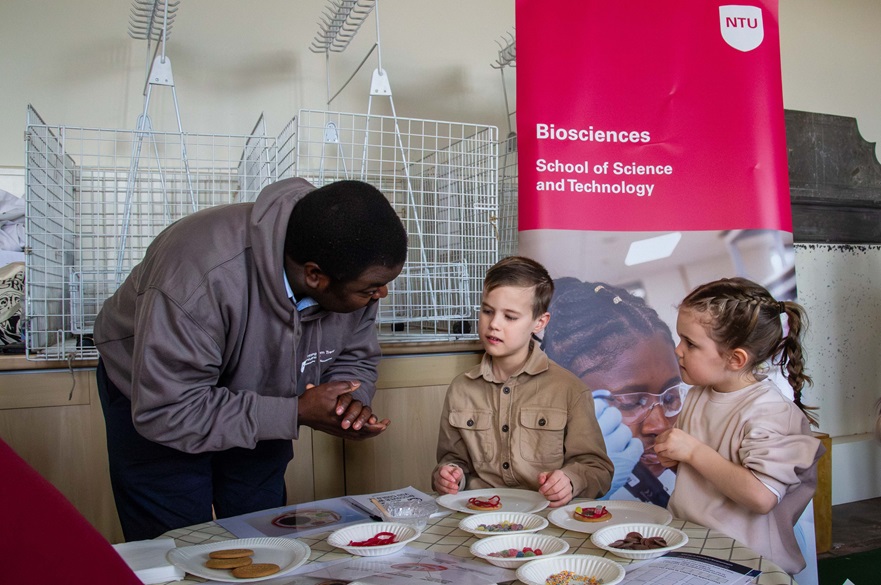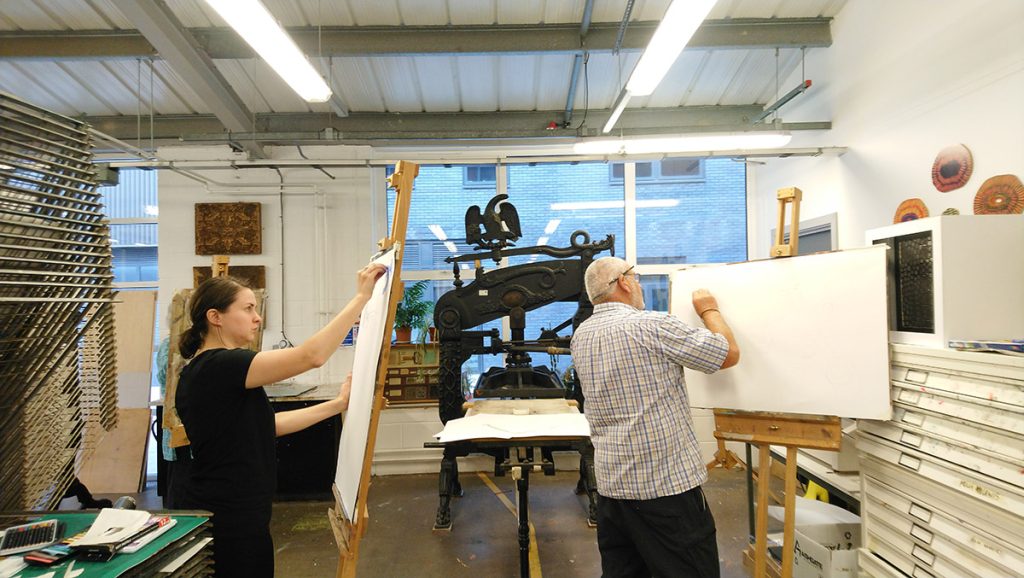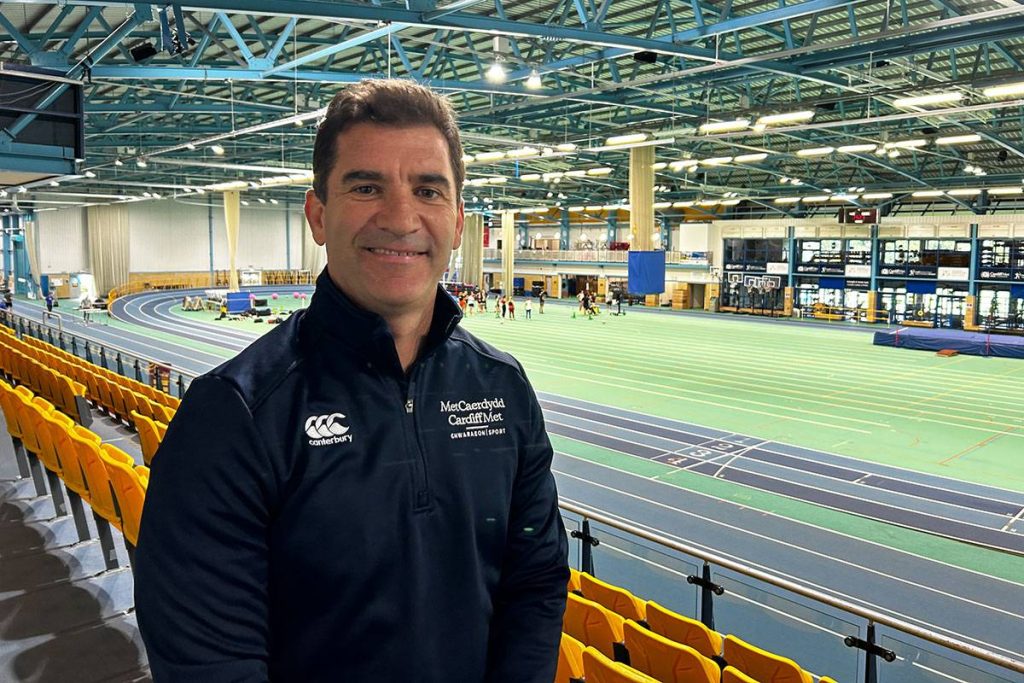
Scientists from the University of Nottingham and Nottingham Trent University joined forces to showcase their research at ‘Science in the Park’, a free annual festival at Wollaton Hall that takes place as part of British Science Week.
Tickets for the free event were snapped up in record time with all available tickets going within 48 hours and 4,000 visitors attended the event.
The popular family event featured more interactive exhibits than ever which were suitable for pre-school children through to adults and for the first time the exhibits were also upstairs in the hall.
The ‘Brain Team’ from the University of Nottingham’s School of Computer Science demonstrated different types of wearable brain scanning devices to find out how people would feel about using this new type of consumer neurotechnology.
Nottingham Trent University engineers were able to help visitors experience how bees and butterflies viewed the world and forensic science students challenged children and adults to become crime scene analysts and match fingerprints using different light wavelengths to identify minute differences.
Visitors also had the chance to build their own robots, with experts from the Cobot Maker Space holding workshops to build and programme robots – plus demonstrations from some robot special guests!
The University of Nottingham’s team from Life Sciences were alongside George the gorilla, giving visitors the opportunity to see George’s hairs under the microscope. Tom Hartman is part of the University of Nottingham team working on a project to discover the origins of George by analysing DNA. Using state-of-the-art facilities at the Nanoscale and Microscale Research Centre (nmRC) he recovered four hairs from the taxidermy gorilla at Wollaton Hall and prepared them for microscopy that visitors could see.
Biomedical scientists from NTU showed how disease is detected in blood and urine and families dressed up as scientists and operated on a mannequin, performing lab tests and building microbes from plasticine.
People discovered what the cells that make our bodies are made of while making fun and tasty cell biscuits, extracted DNA from strawberries using everyday household items and learned the science behind balance and strength.
Visitors also fished for “poo germs” in a ball pit pond, discovering how such microbes are counted and studying their superpowers in the lab.
Professor Kirsty Smallbone, Executive Dean for the School of Science and Technology at Nottingham Trent University, said “It was an extremely busy and fun-filled event, and fantastic to see science and engineering presented in an accessible and hands-on way to people of all ages.”
The University of Nottingham’s Institute for Policy and Engagement, Maria Richards, Head of Public Engagement said: “Every year we have a bigger and better offer for visitors to this popular event and our volunteers go all out to create activities that are fun, educational and engaging. It’s a great way to showcase the important research that’s happening at the city’s two Universities, making it accessible, and hopefully inspiring future generations of scientists.”
Visitors also had the opportunity to explore the Hall, including its Natural History Museum with the Living Planet, Changing Planet, and Taxidermist’s Tale galleries.

